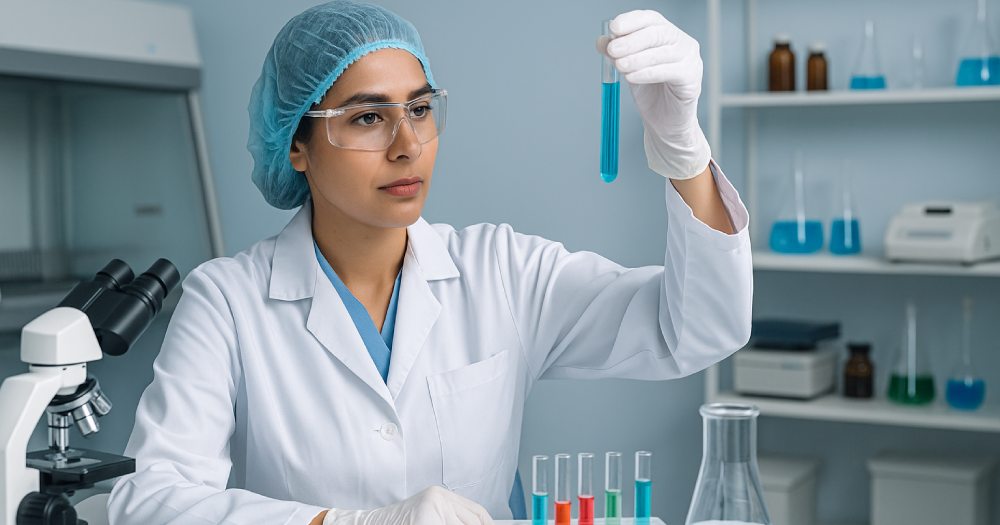SFDA approves first-of-its-kind clinical trial for a Saudi Arabia-developed gene therapy for treating Acute Lymphoblastic Leukemia

Saudi Arabia just fired a flare into the global biotech sky. The Saudi Food and Drug Authority (SFDA) has approved the country's very first clinical trial for a gene therapy developed on home turf. The target? Acute lymphoblastic leukemia (ALL), a fast-moving blood cancer that leaves little room for error.
This isn't some borrowed technology flown in from abroad. It's homegrown science, years in the making at King Faisal Specialist Hospital and Research Centre (KFSHRC), working hand-in-hand with Lentigen/Miltenyi. As the SFDA put it, the approval reflects its "commitment to supporting clinical studies and attracting the latest scientific innovations, especially for complex diseases."
How does it work?
At its core, the trial revolves around CAR T-cell therapy — a treatment that sounds almost like science fiction but has already begun rewriting cancer care elsewhere. The playbook is straightforward but astonishing:
- Doctors collect a patient's T-cells, the body's natural defenders.
- Scientists reprogram those cells in a tightly controlled lab environment called a closed transduction system.
- The new, upgraded T-cells are infused back into the patient through an IV.
- Once reintroduced, they zero in on cancer cells marked with CD19, and take them out with ruthless efficiency.
This Phase I study is focused on adult patients, ages 18 to 60, who have relapsed or haven't responded to other treatments. The first goal is safety — making sure this pioneering therapy does no harm before proving it can do enormous good.
Why does it matter?
For patients with ALL, time is rarely on their side. The disease floods the bone marrow with immature white blood cells, leaving little space for healthy cells that fight infection or carry oxygen. The result? Infections, anemia, bleeding — an avalanche of risks.
That's why this trial is more than another notch on Saudi Arabia's scientific belt. It's a shot of hope:
- For patients: The chance to access next-gen treatment without leaving the country.
- For doctors and scientists: Proof that Saudi labs can move beyond replication and into innovation.
- For the wider region: A signal that the Middle East can stand shoulder to shoulder with the world's top biotech hubs.
The context
This approval didn't land out of the blue. It's part of a broader strategy — the Health Sector Transformation Program under Saudi Vision 2030. That program isn't just about shiny new hospitals; it's about building a research and innovation engine powerful enough to put the Kingdom on the global health map.
The SFDA itself spelled it out: this milestone "aligns with the objectives of the Health Sector Transformation Program... to position the Kingdom as a leading regional hub for research, development, and health innovation." In other words, this isn't just about treating leukemia. It's about showing that Saudi science has the muscle, ambition, and infrastructure to shape the future of medicine.
💡Did you know?
You can take your DHArab experience to the next level with our Premium Membership.👉 Click here to learn more
🛠️Featured tool
 Easy-Peasy
Easy-Peasy
An all-in-one AI tool offering the ability to build no-code AI Bots, create articles & social media posts, convert text into natural speech in 40+ languages, create and edit images, generate videos, and more.
👉 Click here to learn more


